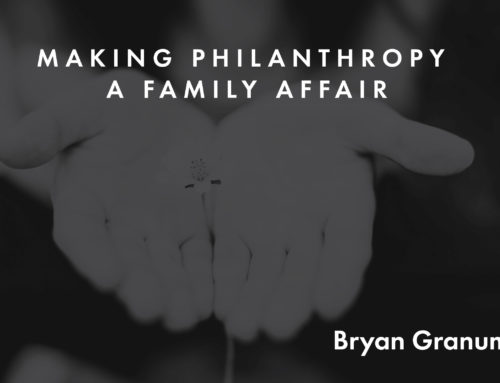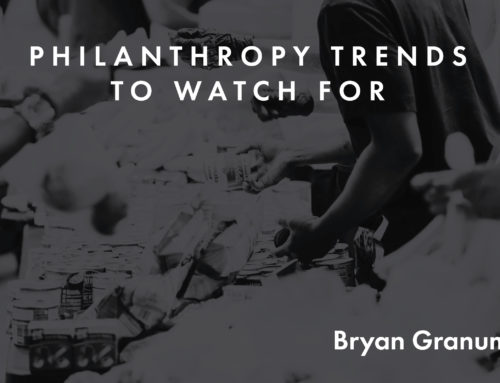Giving Pledge, initiated by Warren Buffet, Bill, and Melinda Gates, is committed by a group of the wealthiest people committed to donating at least half of their wealth in lifetime or wills. The wealth of the 210 signatories has doubled despite giving away billions.
Philanthropy is about risking. The wealthy have a higher responsibility in addressing social issues due to their unique wealth when it comes to money. A dollar from a risk-taking social investor has more value and potential than an institutional funder with low risk-taking.
Conditions attached to funding from an enlightened philanthropic source are more likely to be less constraining to an entrepreneurial doer. Expectations are not founded on accountability considerations or immediate returns. Philanthropists must be ready to address failure. People would not shift the dialogue on some global biggest social issues without failure and taking risk associated with failure.
Philanthropic capital becomes essential at this point. Enlightened private philanthropists have more power to take risks than institutions. They also have personal capital for high-risk funding ideas.
Catalytic social investors in enhancing risky ideas build domain expertise by learning the things that work and, more importantly, lessons from failure. Such ventures ensure that ideas and proven solutions will become mainstream winning stories down the line. Catalytic philanthropists need to make an effort of privatizing failure and socializing success.
Low-risk Low Reward Giving
The approach to philanthropy by one of the world’s wealthiest women, Mackenzie Scott, has got a lot of attention. She has donated over $1.7 billion to hundreds of organizations that receive funding directly from her wealth and not through her foundation. All the money she gives away goes to target recipients, but some question the largesse while the ripples of big money splash dissipate ripples with little noticeable change.
The approach by Mackenzie Scott is not philanthropy but charity and patronage. She is spreading wealth to organizations dealing with broad issues without experimenting on untested and unconventional ideas. She makes a tangible difference in the operation by organizations benefiting from her many investments and may foster some change in the respective fields. She could probably have become a domain expert and create a bigger impact by using unconventional methods.
Her approach might not be effective in making significant societal changes. Other philanthropists have taken a similar approach to Scott, showing very few philanthropists taking a catalytic philanthropy.
Scott says she wants to give until her safe becomes empty, but philanthropy to create real change is not that simple charity and wealth away. It is investing in a strategy that can trigger major societal shifts. Philanthropy that uses the power of wealth responsibly involves giving away money, time, and expertise.




